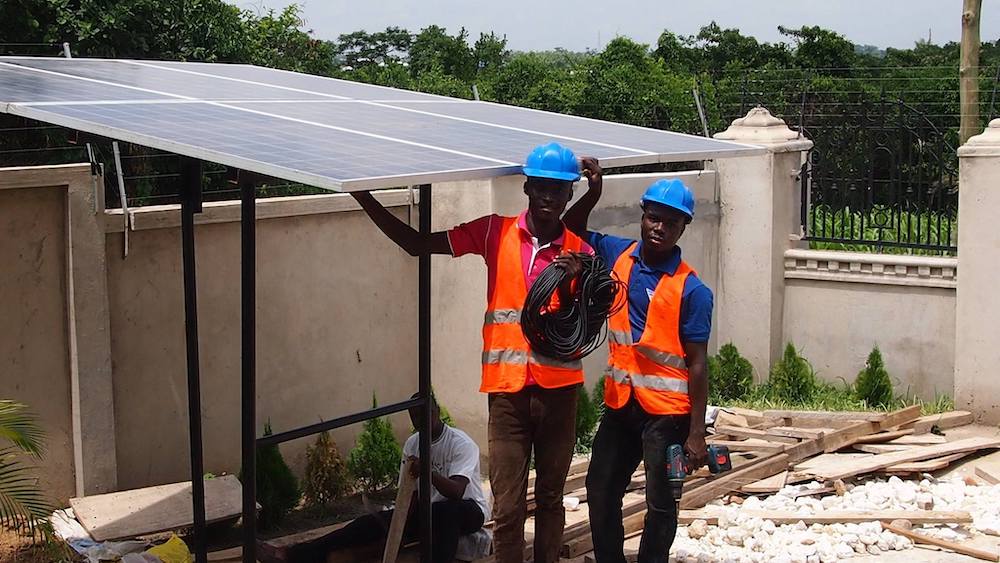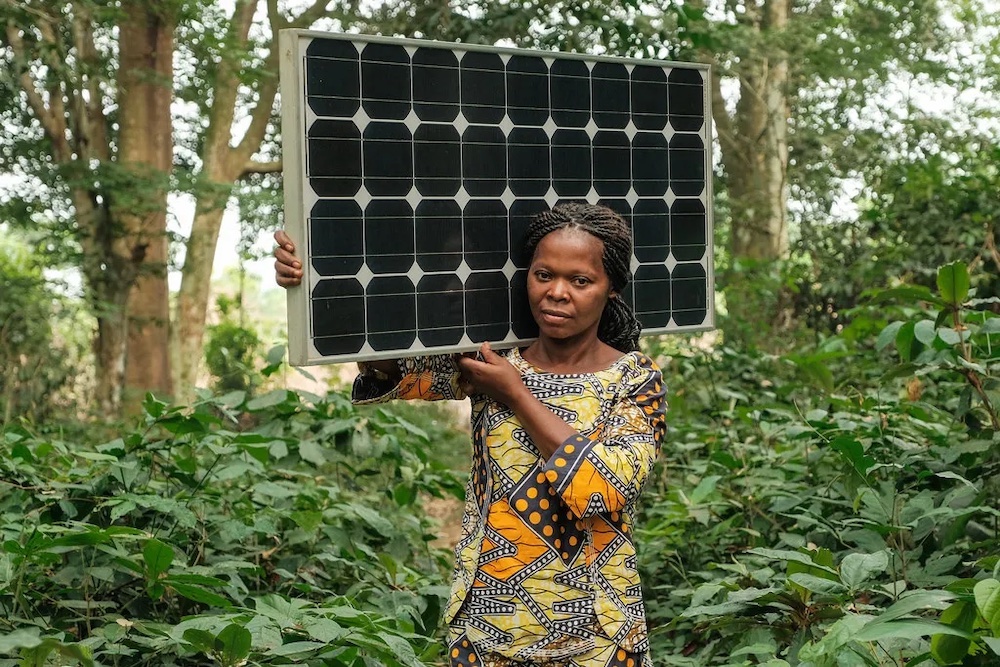ImpactAlpha, Nov. 6 – From automotive plants in the US to garment factories in Bangladesh, improving the “quality of jobs” is a key to bringing millions of people around the world into the middle class.
While some investors remain wary of the rising power of workers, others view dignified jobs as an indicator of long-term business success.
“Decent jobs matter whether you’re in the Global North or Global South,” Kate Cochran of Upaya Social Ventures, which earlier this year launched the Dignified Jobs Collaborative to shift capital towards businesses that create dignified quality jobs at scale.
Now, Upaya and the half dozen investors in the collaborative are benchmarking the quality of jobs created by India-based companies in their portfolios. As investors, Cochran told ImpactAlpha, “we need to take responsibility that the jobs we trumpet in our impact reports are decent jobs.”
Employee voices
For the study, Upaya turned to 60 Decibels, which has separately begun to roll out a “Quality Jobs Index” to better understand company-level performance on issues like employee pay, wellbeing, skill development and rights.
The impact measurement firm spoke to nearly 1,000 employees from companies operating in low-income regions in the portfolios of Upaya, as well as Acumen, Ankur Capital, Beyond Capital Fund, Elea Foundation, Yunus Social Business and S3IDF.
What they learned
The findings: Increased income among jobholders (reported by 64% of respondents) has not resulted in increased savings (say four of five respondents). While the majority of employees are happy with their work culture, only a third report having a good understanding of their rights at work. On the upside, nine of 10 jobholders found their work to be meaningful.
“We believe in openly sharing what we’re learning so that we can all do a better job at fighting extreme poverty,” says Cochran. Are the jobs meeting the needs of jobholders? “We’re heartened by the answers but sometimes we find ways to improve.”











